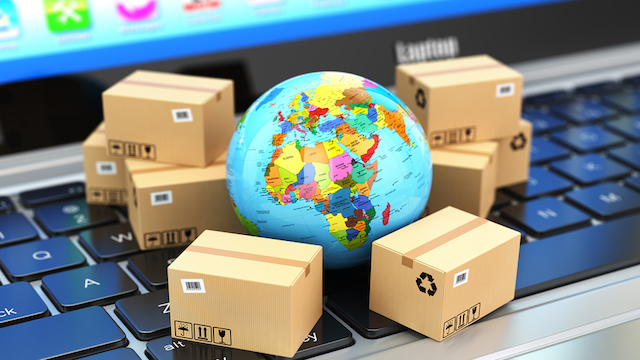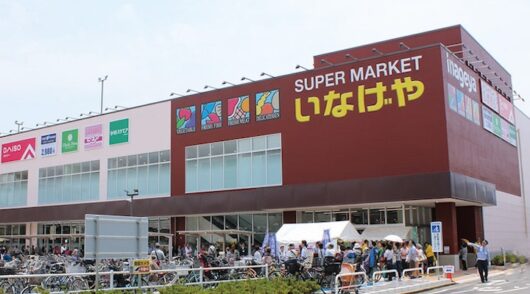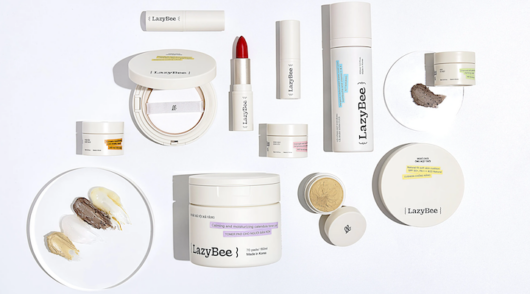Chinese online retailer JD was outmaneuvered by archrival Alibaba this week over its commitment to importing goods for China’s growing middle class.
Alibaba stole the headlines with a commitment to import US$200 billion of goods into China during the next five years. Most mainstream and trade media – including us – missed the fact that JD made a similar pledge, albeit of just half the value, $100 billion, at the same event, the first ever China International Import Expo (CIIE) in Shanghai.
The figures are relative, however: Alibaba boasts more than 600 million Chinese consumers on its sites, JD more than 300 million.
Both companies are aware that middle-class Chinese have more disposable income and they want to spend a significant share of it on imported goods.
“Last year, the number of users purchasing products from overseas brands grew by 37.1 per cent compared to 2016,” said JD in a statement. “The volume of imported goods this year to date has already skyrocketed 150 per cent as compared with two years ago.”
JD cites partnerships with leading global brands including Saint Laurent, Alexander McQueen, Dell, Nestle and Avene, which it is helping implement online strategies in China.
Alibaba named P&G, Nestle, JBS and Refa among those with which it had formed a “holistic partnership with the Alibaba ecosystem”.
JD says the highest-performing categories among its customers this year have been mobile phones, computer and office supplies, home appliances, maternal and child-care products and digital products. Advanced economies such as the US, Japan, South Korea, Germany, and the Netherlands remain the most popular sources of imported goods.
It says Chinese consumers buying online are mostly younger (26-45 years old), white-collar workers with middle-to-high incomes. China’s most developed regions, particularly the coastal cities, account for the largest uptake of imported goods. The growth rate for purchases of overseas brands, however, is now highest in fourth- and third-tier cities, where these brands are often not available in brick-and-mortar stores.
“This commitment is an extension of our promise to provide the best customer experience no matter where our consumers shop,” said Ye Lan, chief public affairs officer at JD.
“Globalisation is one of Alibaba’s most critical long-term growth strategies,” said Alibaba CEO Daniel Zhang in a statement announcing its commitment. “We are building the future infrastructure of commerce to realise a globalised digital economy where trade is possible for every country around the world.”
You can read more about Alibaba’s commitment here in case you missed it earlier.






